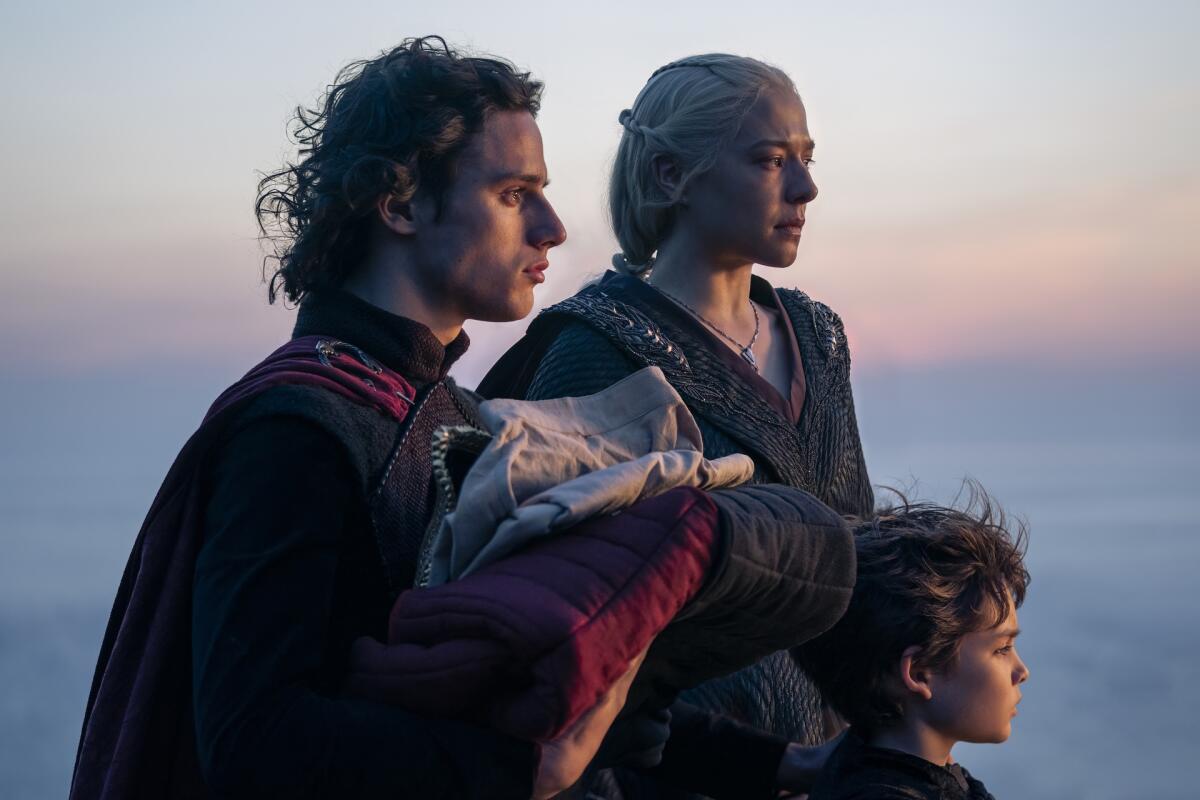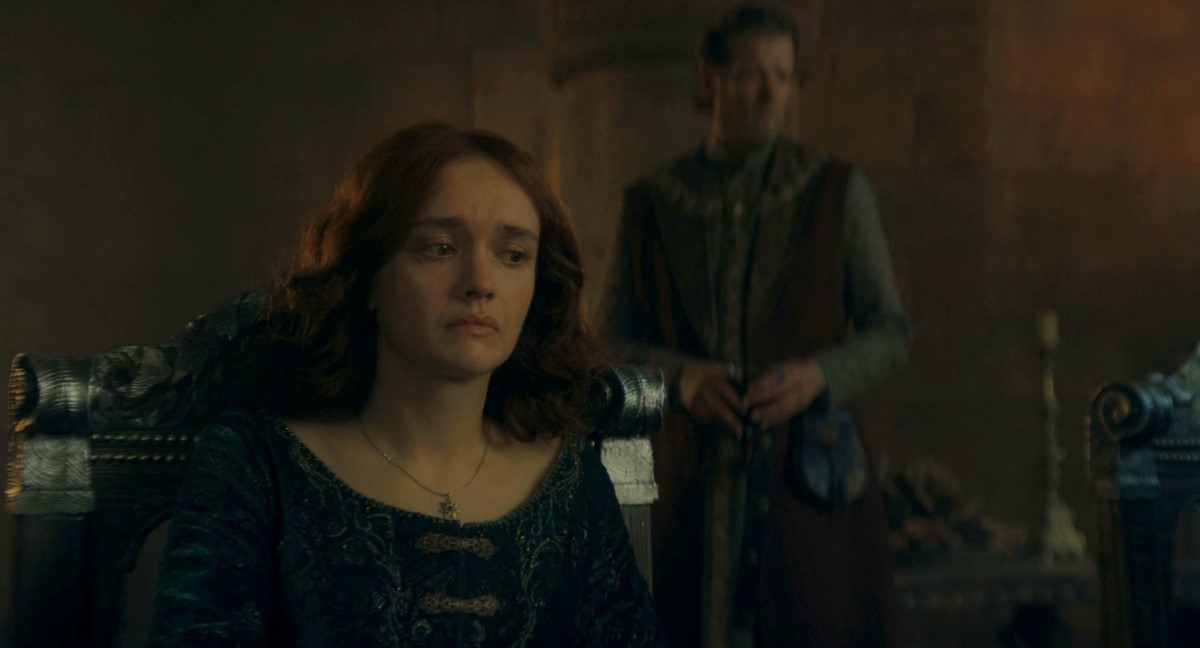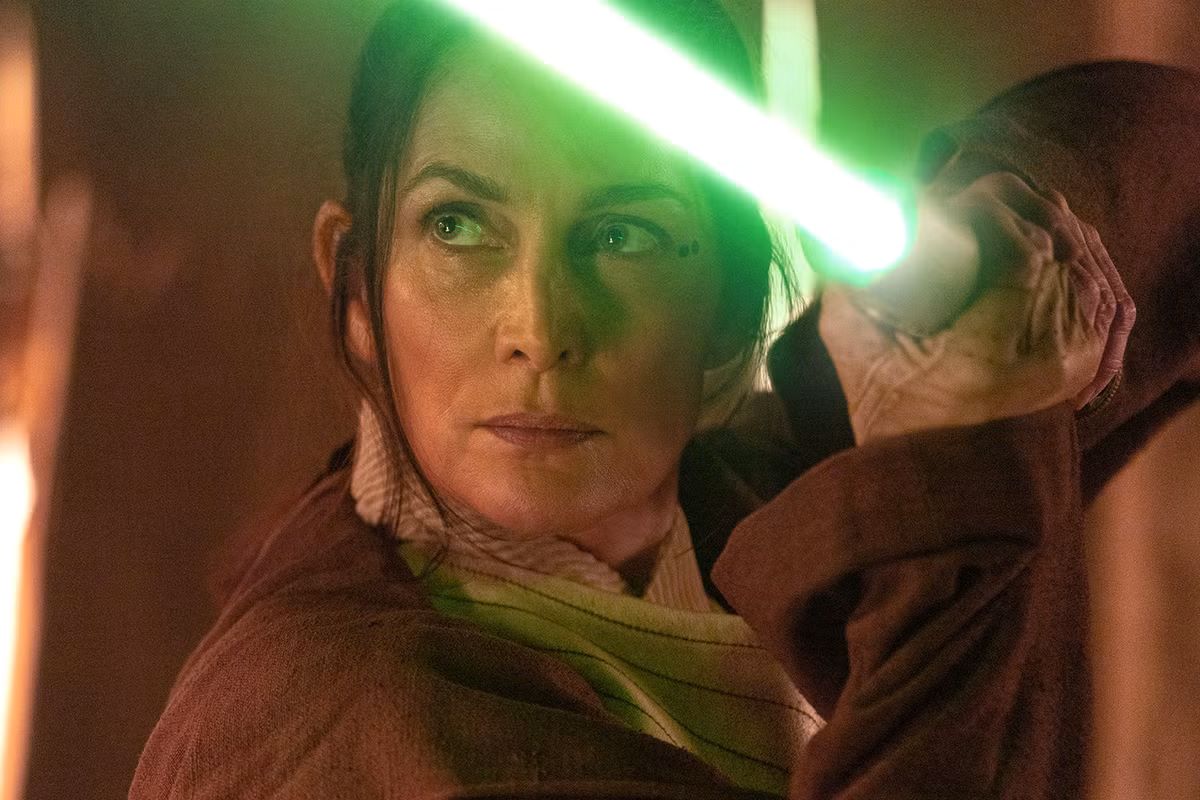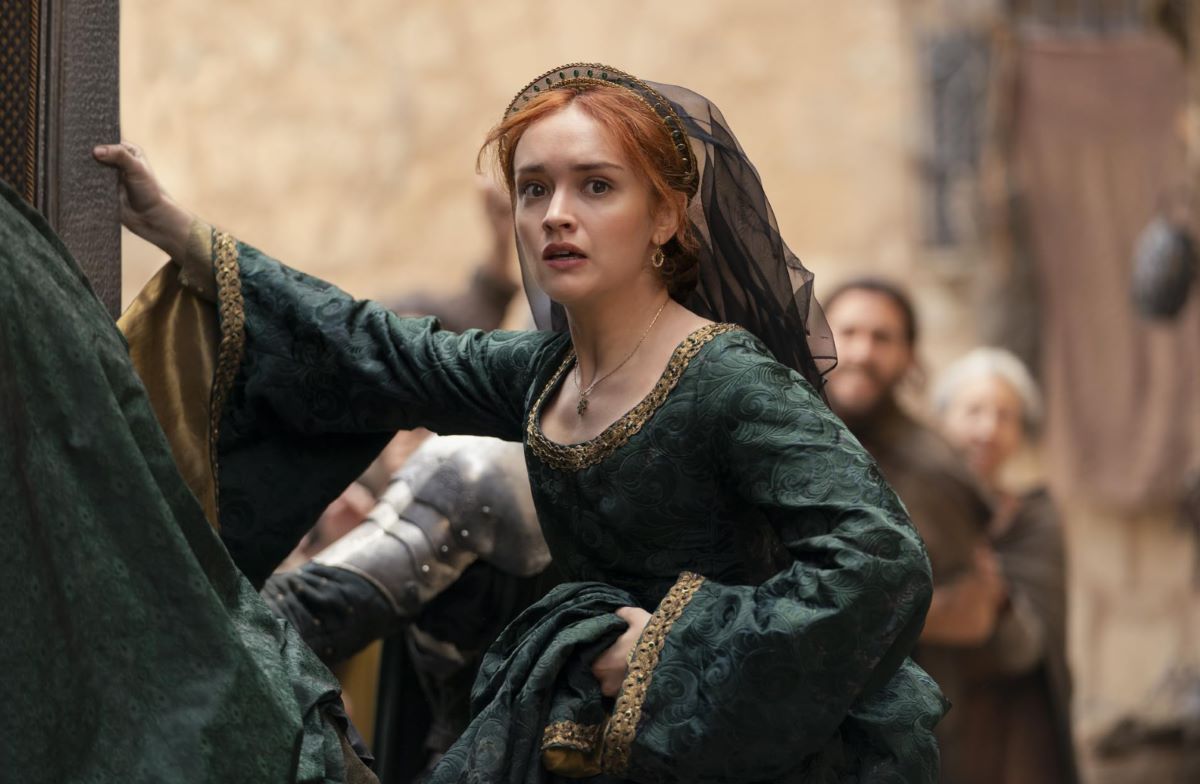A success like “Game of Thrones” couldn’t end with just eight seasons. Various ideas for potential sequels and spin-offs were considered, some abandoned, others postponed. George R.R. Martin’s world owes much to Shakespeare, focusing more on political intrigue than battles, but it remains a fantasy. Thus, a deep dive into House Targaryen, known for riding dragons, was an excellent choice.
“House of the Dragon,” set around 200 years before Daenerys and Jon Snow, is dedicated to this house. The first season, released in 2022, ended with a cliffhanger: the death of King Viserys I, a just ruler who maintained peace throughout his reign. His fear came true: none of his relatives were fit to rule. His son Aegon II is spoiled and immature, and his brother Daemon (Matt Smith) is too irascible. His first daughter, Rhaenyra (Emma D’Arcy), was his choice, but due to a misunderstanding of the king’s deathbed words by his wife Alicent, his wish was ignored.
The series’ protagonists are now divided into two factions: the Blacks, led by Rhaenyra, and the Greens, gathered around Aegon II. The precarious balance was shattered by Aemond (Ewan Mitchell), Aegon II’s brother and Rhaenyra’s half-brother, who killed Luceris, son of the Black queen, with his dragon, Vhagar. Despite Viserys’ efforts to maintain equilibrium, conflict is inevitable. The Dance of the Dragons begins: it’s war!
Season 2 picks up where we left off: with a mother’s grief and Aemond’s barely hidden ambition. On paper, the Blacks seem advantaged: they have more dragons, including Rhaenys’s and those of Rhaenyra’s other children. However, the Greens have more political allies, resources, and the public is less inclined to support a queen who has never sat on the Iron Throne. The outcome of this fratricidal conflict is far from certain. In the new episodes, it’s clear from the start: both Rhaenyra and Alicent struggle to be heard in their respective councils. Everything will depend on the loyalty of their associates.
In the first episode of the second season, familiar faces from the first season return, like the Starks of Winterfell, while the Greens include Lord Jason Lannister. The entire promotional campaign for “House of the Dragon 2” is based on conflict, asking viewers to choose sides: Blacks or Greens? The answer is anything but simple. “Game of Thrones” accustomed us to morally ambiguous, complex characters, and the prequel goes even further: almost no character is entirely good. Every protagonist has committed evil actions, if not unforgivable crimes. How can we empathize with characters who could all be villains?
This is the beauty of Martin’s work: Daemon, Aemond, Rhaenyra, and others constantly challenge the viewer, pushing them to look into the abyss. The dragons, symbols of power, are pure creatures in their terrible beauty, controlled by a group of spoiled nobles, indifferent to the consequences of their actions. Showrunner Ryan Condal compares the dragons to nuclear war symbols, drawing a parallel to today’s conflict-ridden world. Fans of action will be satisfied: there are plenty of battles between these magnificent creatures, which is a shame to see fall because of their owners. The only true rooting interest might be for the dragons themselves, whose tragic fate mirrors the destructiveness of power.
Be wary of alliances: even close allies are ready to betray. The second season of “House of the Dragon” impresses with costumes, sets, special effects, and sound design (Paula Fairfield’s work on creating unique voices for each dragon is remarkable), and an excellent cast.
Standouts are Matt Smith’s Daemon and Ewan Mitchell’s Aemond: their characters’ names are anagrams, representing similar aspects of the Targaryens from different factions, overwhelmed by anger and revenge like Daenerys. Don’t get too attached to anyone: everyone is at risk, everyone can fall. Often, those who wisely avoid the spotlight become the most decisive. This is not just a soap opera with dragons: it’s great television.
Valentina Ariete
Cinematografo, June 14, 2024





